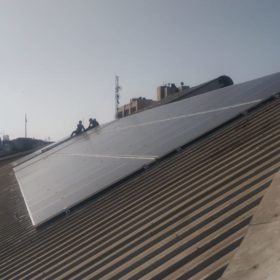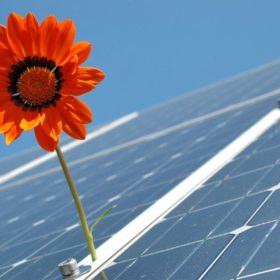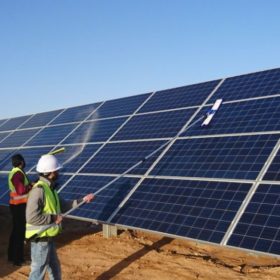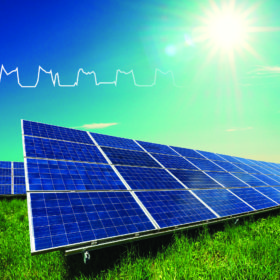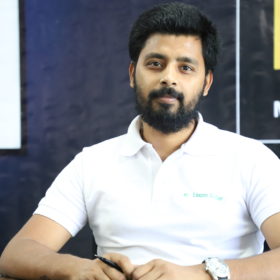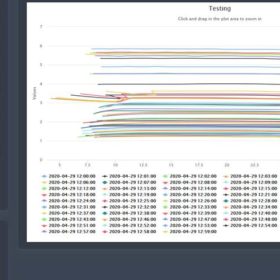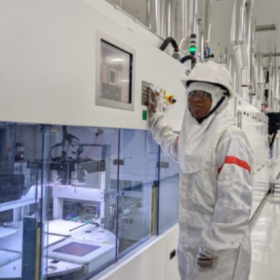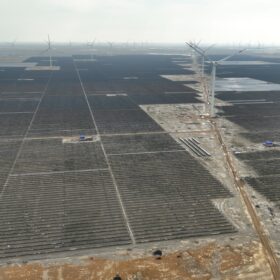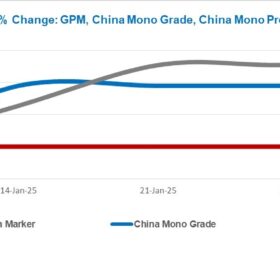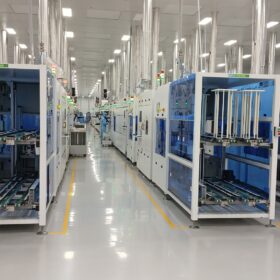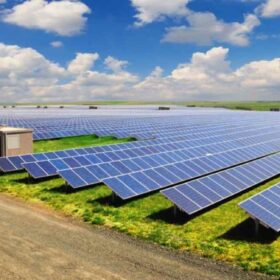Solar EPC firm SunEdison raises US$2.5 million from US investor
Fenice Investment Group will subscribe to compulsorily convertible preference shares (CCPS) of SILRES Energy Solutions at Rs 10 per CCPS. The investment is expected to complete by May 25.
Magenta Power bags rooftop solar project for Hindustan Aeronautics Limited
The electricity generated from the ‘Capex’ mode solar project shall be used to support the HAL office infrastructure. Commissioning period is three months.
New method for life cycle assessment of PV technologies
Researchers in Australia have conducted a ‘cradle to grave’ life cycle assessment (LCA) of the four most widely used PV technologies. The academics say that cadmium telluride solar modules have the lowest life cycle impact, followed by amorphous, multi and monocrystalline silicon products.
Water scarcity and the growing need for smarter solutions in solar projects
The inefficiency and irregularity of cleaning the solar panels manually, and the associated use of water defeat the purpose of shifting to renewable energies.
Torrent Power sees opportunity of renewables-plus-gas based flexible generation
The integrated power producer, which has 138 MW of operational solar capacity and 2730 MW of state-of-the-art gas based power plants, sees opportunity of flexible generation to sell pooled round-the-clock power [renewable + gas] at competitive cost on a long-term basis.
Sterling and Wilson Solar bags Rs 2600-crore EPC order in Australia
In its largest order in Australia, the Indian multinational company has bagged Rs 2600-crore (AUD 525 million) EPC work along with Rs 415-crore (AUD 85 million) operations and maintenance job.
Most module makers willing to kickstart cell production—Loom Solar founder
As importing solar cells becomes costlier and time-consuming in the Covid-19 scenario, most of the module manufacturers in India are eyeing solar cell production—says Loom Solar co-founder and director Amol Anand in an interview with pv magazine.
The long read: Understanding LeTID
Light- and elevated temperature-induced degradation (LeTID) of PV cells can have far-reaching impacts on the efficiency of modules. Alison Ciesla and Brett Hallam of the University of New South Wales argue that accelerated testing, such as that included in the forthcoming IEC standards, is critical for LeTID identification and quantification in order to manage these impacts.
Bidding extended for BOS package of 735 MW Nokh solar project in Rajasthan
June 11 is the new deadline to bid for supply of the balance-of-system (BOS), installation and commissioning of 735 (3×245 MW) Nokh Solar Park project in Jaisalmer district.
A new device to detect PV panel failure
A Spanish start-up has developed a system which offers automated fault detection in solar panels at any scale.

